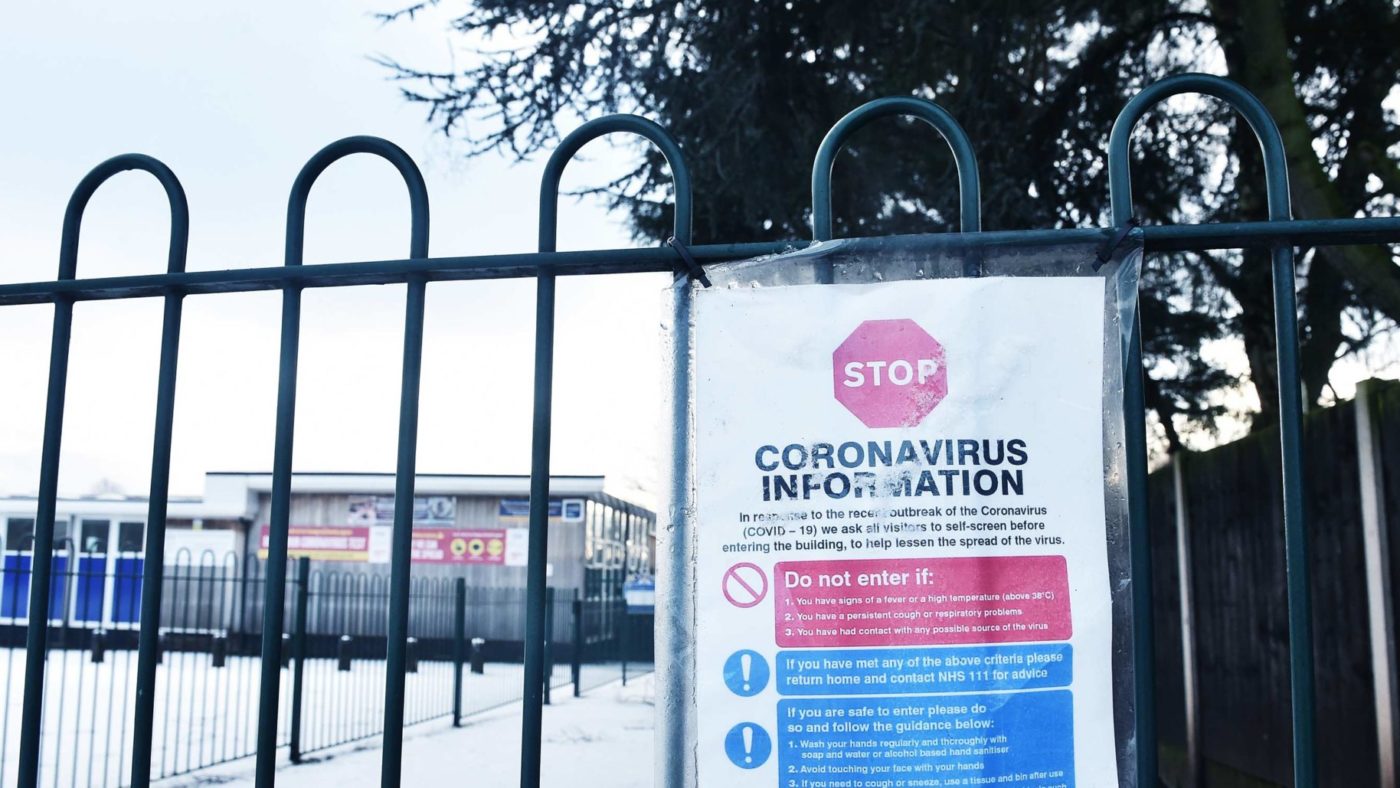So here we are again, arguing about whether schools should be closed. Just as they did in March, June, September and November, the teaching unions are showing how little value they place on children’s education.
It’s not surprising that Amanda Spielman, Ofsted’s Chief Inspector, should be so passionate about the need for schools to stay open because Ofsted now has clear evidence of the damage last year’s closures caused. Its November report laid bare the extent of the harm children have suffered. It recounted that, “Many leaders in schools of all types thought that learning losses were extensive.” that “some pupils were unable to hold a pencil, when they could do so before,” and that there had been “an increase in extreme poor behaviour”.
We also have to take into account the long-term fall out. Repeated closures will make it much harder to persuade disaffected children that education really matters. It will be much harder to persuade parents that missing a few days of schools matters. We are seeing decades of progress in improving education undermined.
Education should be seen as an essential service and the bar for any closures should be set extremely high. With scientists clear that children are not suffering serious illness and no clear agreement that schools play a role in transmission into the community, the evidence is not there to outweigh the harms of closure.
Yet the teaching unions, to no one’s surprise, have continued to put the demands of their members above everything else. While many teachers have worked incredibly hard to serve their pupils, we are now seeing a reassertion of the perennial problem with the public sector: that it is always biased in favour of the providers’ interests rather than the users.
In one school I know of, a teacher insisted that she was only working “voluntarily” and that if she decided not to come in that was entirely reasonable. A further education college justified its move to remote learning in the final week of term because it would make the staff happy. Teachers are now being actively encouraged by their unions to abandon their contractual obligations and accept that the interests of children rank below their own.
It would be possible to have more respect for the unions if their approach was not threaded through with a “can’t do” attitude. Whether or not the testing programme in secondary schools will make a difference, the instant reaction of unions was that ‘we cannot do this, we are not paid to do this, we will not let it happen unless you make sure that teachers don’t have to do anything to help’. Like the old job demarcation disputes among dock workers, the unions insist teachers will not do anything other than teach, will not do anything outside their contracted hours, and will not muck in even in an emergency.
It clearly has not helped that the Government and the Department for Education have created open goals. In uncertain times principle matters, and the principle should surely have been that schools remain open come what may. The moment they conceded that secondary schools should close for two weeks, it was obvious the fight would then move to primaries. It is equally obvious that the next argument will be about reopening, and that many schools will remain closed well into this term.
While the Government has not covered itself in glory, many local authorities have shown a complete lack of commitment to the education of children in their areas. Hackney, which had originally been left of the list of London boroughs where schools were to close, ran a furious campaign for inclusion in the list. When the Government u-turned, the council set an email to school governors crowing about this “positive outcome”. Even if they believed this was the right decision, anyone who cared about children would surely have expressed regret rather than revelling in the shutting of the doors.
What is equally dispiriting is that those advocating for school closures offer no solutions for helping children regain the learning they have lost – for going above and beyond to rescue those who are being harmed. Good schools are doing what they can, running Saturday classes and after-school sessions, but they are the exceptions. In general the Government’s catch-up funds have been put towards paying existing teaching assistants, which will have limited impact, rather than being used more imaginatively.
More radical solutions, like cancelling the Easter holidays or extending the summer term, are ruled out because they would never get past the unions. The fundamental problem of a heavily unionised sector is that innovation, doing things bit differently or putting the customer first, are all alien concepts. Yet that is what will be needed if we are to rescue a generation of children from the disaster of ongoing closures.
Click here to subscribe to our daily briefing – the best pieces from CapX and across the web.
CapX depends on the generosity of its readers. If you value what we do, please consider making a donation.


